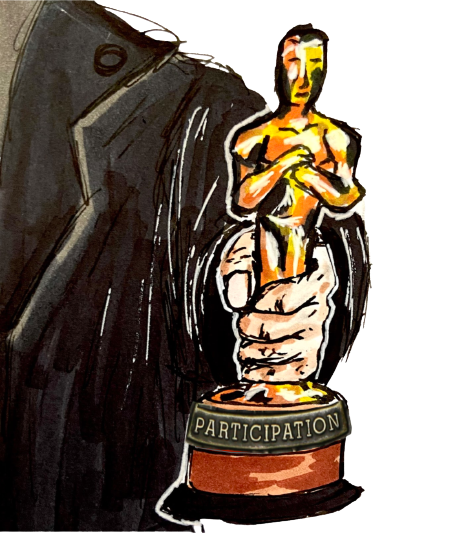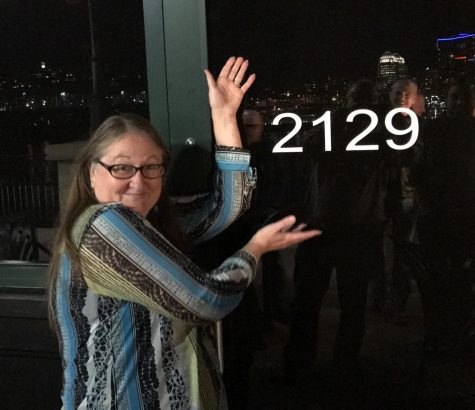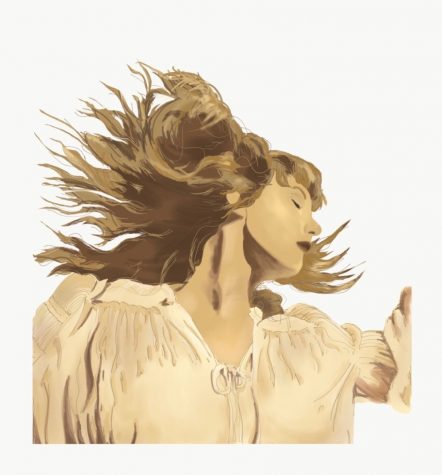“There’s a mistake”: Hollywood’s award shows have forgotten their true purpose
For the last few years, ratings for award shows such as the Golden Globes, the Emmys, and the Oscars have been falling, sometimes to even all-time lows. This year’s Golden Globes fell by 64% compared to last year’s and the Oscars have been steadily declining since 2014. People simply don’t tune into these shows as often anymore. Although some would like to point the finger at a singular cause, there are multiple reasons why award shows have been falling recently.
For starters, there is the obsession with diversity, which a lot of Hollywood figures have decided to parrot. The lack of women in the Best Director category has been chided by famous actresses Emma Stone and Natalie Portman (despite her production company only hiring one female director in seven movies—herself) while Chris Rock and Jada Pinkett Smith have also called out the ceremony for being racist. After years of getting lambasted for failing to be inclusive, the Academy of Motion Pictures and Sciences have released diversity requirements for films that want to contend for the awards (to be implemented after 2024), which attempts to use racial, ethnic, and even sexuality quotas on all levels of the filmmaking process.
This misses the entire point of award shows: they were made to celebrate the best films of their respective years. Although film is a very subjective art form, there is always a crop of performances and films that consistently rank among critics’ best of the year lists. Or even the originally polarizing films that age like fine wine with additional views (ex. “2001: A Space Odyssey” and “Vertigo”). Although the Oscars has not done the greatest job, the original intention still remains in recognizing the best of the best in the film industry.
Skin color or gender should not play a role unless it is important to the story. The fact that it does for many is very worrying. If there are laws that bar people from even being considered because of their skin color, gender, or orientation, that should be condemned. But until someone points one out, how can anyone genuinely believe that Hollywood and award shows like the Oscars are racist? Just because there is not equally representation? Equality of outcome (which Hollywood and some filmgoers are pushing for) can never be expected unless there is explicit discrimination to favor a group of people, an idea that contradicts the fundamental belief of the Civil Rights Movement in the first place. Racial disparities alone fail to prove any systemic racism or lack of diversity, especially considering how inclusive Hollywood currently is. Rather, people should expect equality of opportunity and there is no proof that it is being neglected.
“Parasite”, “Moonlight”, and “12 Years a Slave” were all films that deserved their Best Picture wins. Not due to the races of the casts, but because they are the type of films that move people, that truly take us into the worlds and minds of these characters. These films are unique and creative beasts that cannot truly be described to the fullest without watching it. The people who made these films did not need the help of the elite to grab the biggest prize in their respective ceremonies. They accomplished it because the filmmakers and actors had the desire, passion, and vision. If they could do it, what bars others from doing the same?
Is it out of sheer goodwill and love that these Hollywood figures advocate for diversity? Far from it. When it comes to award shows, actors and filmmakers tend to take advantage of the opportunity to lecture America about a myriad of social justice causes that are completely unrelated to their films, from global warming to abortion rights. Although some in Hollywood enjoy this opportunity to boost their profile and gain some moral “brownie” points, many Americans simply will not take having narcissistic millionaires who are completely out of touch with the plight of the ordinary American, lecturing them about what is right and wrong. It’s a deprecating experience that leaves many with their mouths sour, especially considering how hypocritical Hollywood award winners can be. People can point to the aforementioned Natalie Portman and Leonardo DiCaprio, who preaches about the evils of global warming while riding around in his fossil fuel-run private jet.
This is exactly why so many people connected with Ricky Gervais’s opening monologue of last year’s Golden Globes. It is a middle finger of sorts to the arrogant personalities that run Hollywood and treat everyday citizens like children, needing to be scolded before these people can head for the after-parties. Gervais did something that Hollywood and the award shows have missed for years: a sense of danger. Not in the physical sense, but a risk to say the honest thing and defy standards with authenticity. This attitude perfectly captured what made film as an art form great: people were willing to step out of their comfort zone and flip the world upside down, creating artistic chaos with a genuine voice.
Award shows are supposed to be a celebration of the spirit of film, but they rarely exhibit any of its traits in acceptance speeches, opening monologues, or award selections. Winners tend to be safer picks that check certain boxes, prioritizing a formula over risky yet artistic masterpieces. For every “Parasite” that is selected for Best Picture, there are 5 winners like “Green Book” and “The King’s Speech”. The same trend of safety goes with monologues: for every Ricky Gervais monologue, there are many more dull and unfunny ones by Sandra Oh, Stephen Colbert, and Jimmy Kimmel.
There needs to be a shift of focus that reaches to the masses, regardless of politics and background, to maximize the quality all around and create award shows that seek to award the best films and creators, all while trying to avoid insulting half of the population that holds different values and experiences than these Hollywood elites. If award showrunners and filmmakers can piece these evident signs from the public together, maybe they can create a product that appeals to all, uniting Americans and the world in the love of film.
Hello there! Our goal is to provide relavent, engaging journalism for readers of all ages. Your donation will support the student journalists of the Wolfpacket at Claremont High School, and will allow us to purchase equipment, print our monthly issues, and enter in journalism competitions. We appreciate your consideration!

David Begazo is a senior at CHS and an Opinions Co-Editor for the Wolfpacket. He loves to write articles and was lured by the Opinions section due to the...








